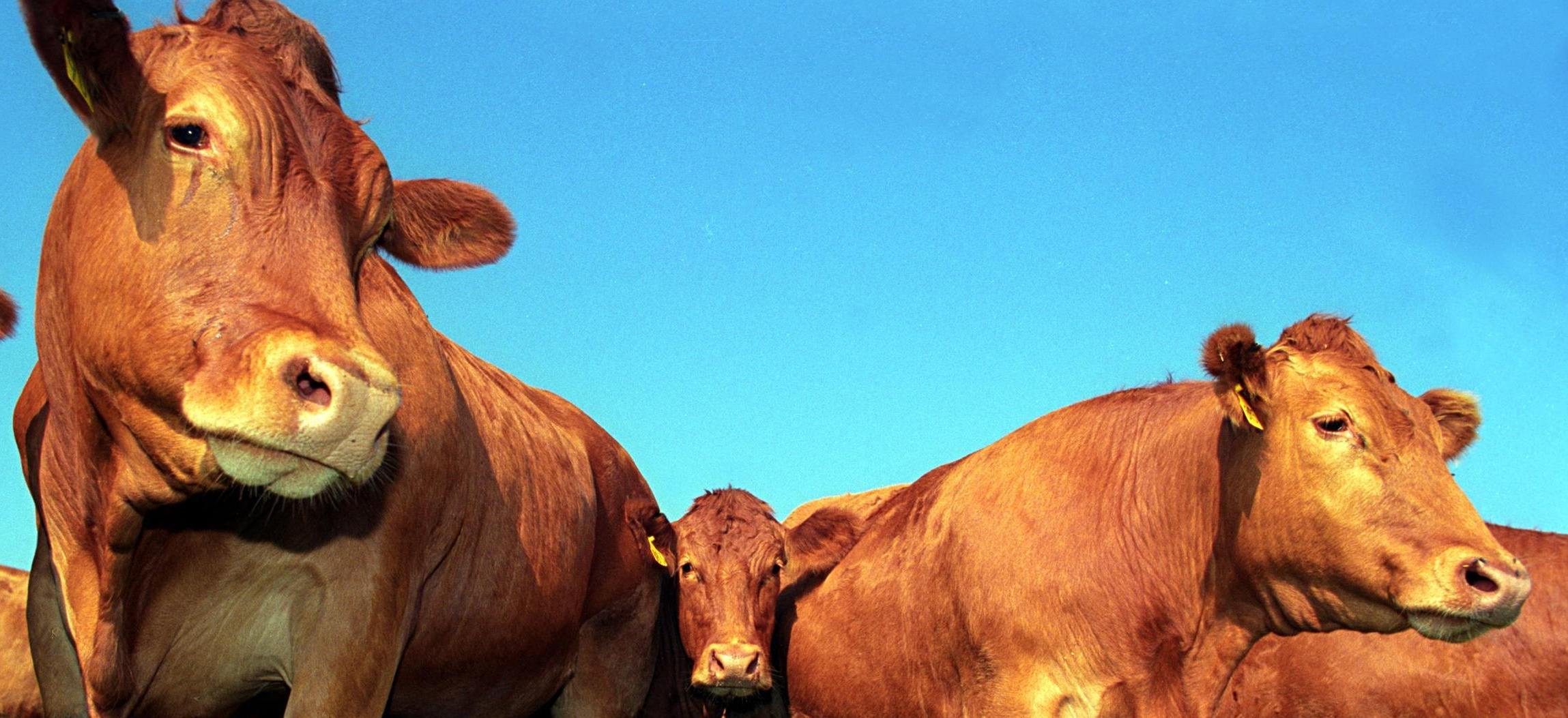Canada designated as negligible risk for Bovine Spongiform encephalopathy (BSE)

Wednesday marked an important step forward for the Canadian beef industry as the World Organisation for Animal Health (OIE) recognized Canada as Negligible Risk for Bovine Spongiform encephalopathy (BSE)
An important step forward for the Canadian beef industry happened this week as the World Organisation for Animal Health (OIE) recognized Canada as Negligible Risk for Bovine Spongiform encephalopathy (BSE).
Ontario senator Rob Black was pleased to learn that Canada had been granted thestatus, which will allow for expanded international beef export opportunities. Earlier in the week, Black spoke to several cattle producers in Ontario and across Canada to learn more about what this designation means to the domestic beef industry, and to recognize the hard work and the hardships of producers over the past 18 years.
“The cattle industry has been working tirelessly to ensure that Canadians have access to safe, nutritious, and affordable products”
The attainment of negligible risk puts Canada at the lowest level of risk for BSE alongside the U.S. which attained their status in 2013. The control of BSE across the globe is a remarkable achievement of the membership of the OIE. To achieve negligible risk, a country must demonstrate the last case of classical BSE was born more than 11 years ago and effective control measures and surveillance systems are in place. Canada’s last case was born in 2009.
“Across the country, the cattle industry has been working tirelessly to ensure that Canadians have access to safe, nutritious, and affordable products,” said Black. “This designation means that our beef producers can expand into foreign markets that were previously inaccessible. I would like to thank all those involved in ensuring this process came to fruition, including the Government of Canada, Canadian Cattlemen’s Association, and the many farmers, ranchers, and consumers who continued to support our beef industry throughout hard times.”
Canada’s first case of BSE was discovered in May 2003 and led to international borders closing to Canadian beef, a significant impact as 50 per cent of Canadian beef is exported. Although difficult to fully quantify the direct economic impacts of BSE between 2003 and 2006, losses were estimated to be between $4.9 to $5.5 billion.











